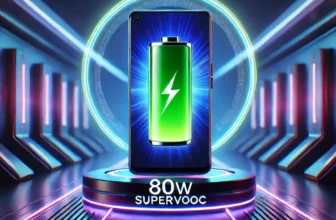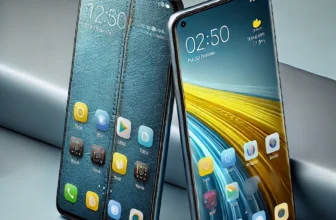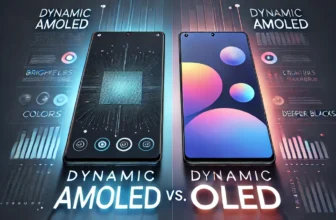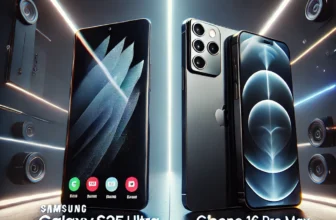Xiaomi vs iPhone: Which One is Better? – 2025 Flagship Comparison
Updated January 7, 2025 | Comparisons
The Xiaomi vs iPhone is more intense than ever in 2025, with both brands offering flagship smartphones that push the boundaries of innovation. On one hand, Xiaomi’s 14T delivers flagship performance, cutting-edge cameras, and competitive pricing. On the other, Apple’s iPhone 16 Pro sets a premium standard with its titanium frame, ProRAW camera capabilities, and deep ecosystem integration.
If you’re weighing your options, this guide compares the Xiaomi 14T and iPhone 16 Pro, focusing on features, performance, and value to help you decide which is right for you.
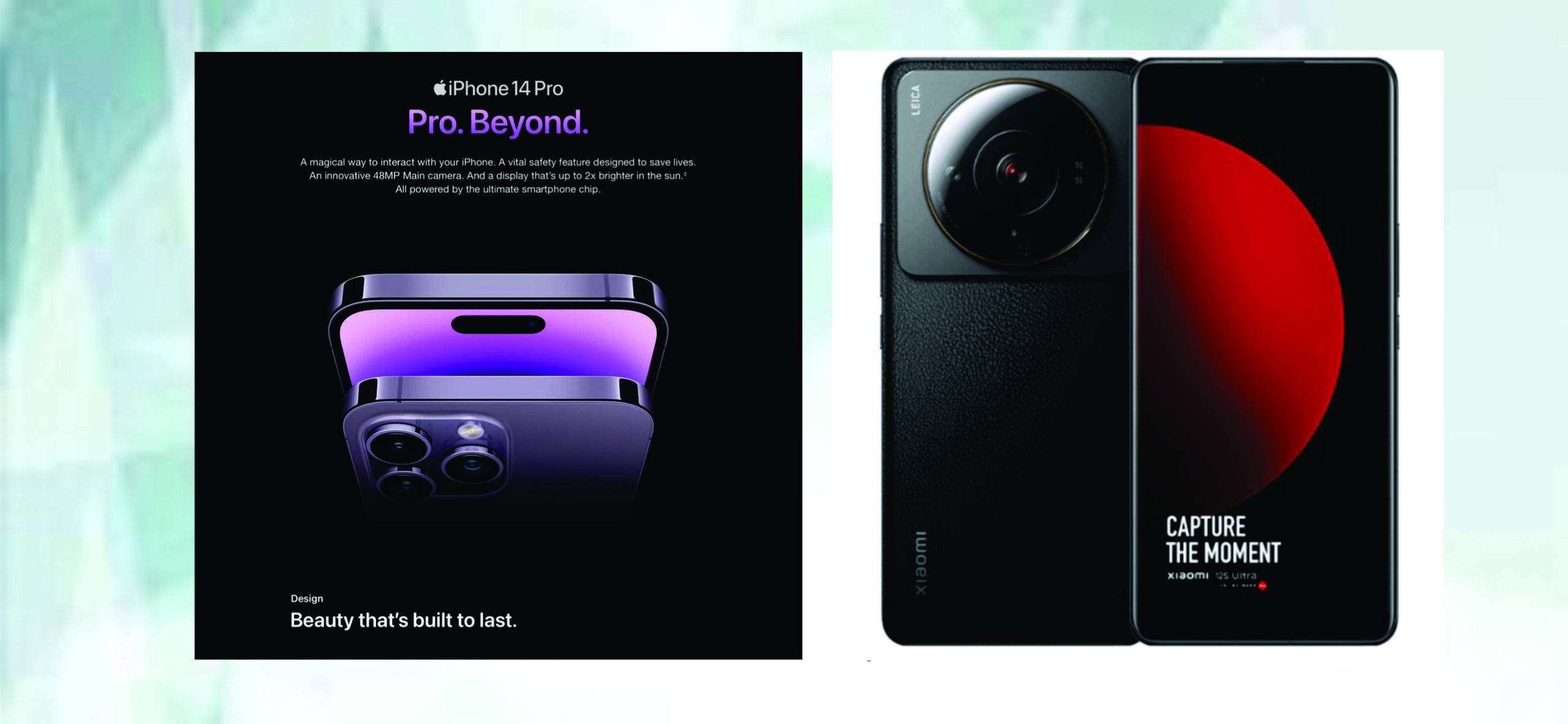
Why Compare Xiaomi and iPhone in 2025?
Both brands have loyal fanbases for good reasons:
- Xiaomi: Known for offering high-end specs at budget-friendly prices, Xiaomi appeals to cost-conscious consumers.
- Apple: Renowned for premium design, seamless ecosystem, and long-term software support, Apple is the go-to choice for those prioritizing quality.
This guide dives into the detailed specs, pros and cons, and standout features of each device to help you make the right choice.
Overview of Xiaomi’s Latest Model: Xiaomi 14T
Key Features
- Display: 6.67-inch AMOLED with 144Hz refresh rate for buttery-smooth scrolling and gaming.
- Chipset: MediaTek Dimensity 8300 Ultra (4nm) ensures flagship-level performance.
- Camera: Triple-lens setup featuring 50MP (wide), 50MP (telephoto, 2x optical zoom), and 12MP (ultrawide).
- Battery: 5000mAh with 67W fast charging (full charge in 45 minutes).
- Build: IP68-rated water resistance, Gorilla Glass 5, and a lightweight design at 193g.
Want to see more Xiaomi options? Check the Latest Xiaomi Price List in the Philippines 2025.
Xiaomi Pros and Cons
Overview of Apple’s Latest Model: iPhone 16 Pro
Key Features
- Display: 6.3-inch LTPO Super Retina XDR OLED with ProMotion (120Hz refresh rate).
- Chipset: Apple A18 Pro (3nm), leading in AI and AR performance.
- Camera: ProRAW-supported 48MP main camera with Dolby Vision HDR and 3D spatial video recording.
- Battery: 3582mAh with 50% charge in 30 minutes (wired PD2.0).
- Build: Premium titanium frame, Ceramic Shield, and IP68 water resistance (up to 6m for 30 minutes).
Curious about more Apple options? Explore the Latest iPhone Price List 2025.
Apple Pros and Cons
Feature Comparisons: Xiaomi 14T vs iPhone 16 Pro
| Feature | Xiaomi 14T | Apple iPhone 16 Pro |
|---|---|---|
| Operating System | Android 14, HyperOS | iOS 18 |
| Processor | MediaTek Dimensity 8300 Ultra (4nm) | Apple A18 Pro (3nm) |
| Graphics | Mali G615-MC6 | Apple GPU (6-core graphics) |
| Storage Options | 256GB/512GB, up to 16GB RAM | 128GB/1TB, 8GB RAM |
| Main Cameras | 50MP (wide), 50MP (telephoto), 12MP (ultrawide) | 48MP (wide), Dolby Vision HDR |
| Selfie Camera | 32MP | 12MP with Face ID |
| Display | 6.67-inch AMOLED, 144Hz | 6.3-inch LTPO Super Retina XDR OLED, 120Hz |
| Battery Capacity | 5000mAh | 3582mAh |
| Charging Speed | 67W wired | 50% in 30 minutes (wired PD2.0) |
| Build | Gorilla Glass 5, IP68 dust/water resistant | Titanium frame, Ceramic Shield, IP68 dust/water resistant |
| Weight | 193g | 199g |
| Connectivity | Wi-Fi 6e, Bluetooth 5.4, USB Type-C | Wi-Fi 7, Bluetooth 5.3, USB-C |
What Consumers Should Consider Before Choosing
- Budget: Xiaomi excels in value for money, while Apple justifies its premium price with quality and ecosystem benefits.
- Ecosystem: Apple offers seamless integration across its devices, while Xiaomi caters to users seeking flexibility.
- Features: Choose Xiaomi for cutting-edge charging speeds and gaming performance. Opt for Apple if you prioritize premium materials, camera quality, and long-term updates.
Additional Resources
- Smartphone Buying Guide 2025: Tips and trends to help you choose the perfect phone.
- Latest Smartphone Price List in the Philippines 2025: Stay updated with the latest prices for Xiaomi, Apple, and more.
Summary: Xiaomi vs iPhone 2025
Both Xiaomi and Apple excel in their niches:
- Xiaomi: Ideal for users seeking value and fast-charging technology at competitive prices.
- Apple: Perfect for those who value premium quality, an integrated ecosystem, and long-term software support.
Ultimately, your choice depends on your budget, priorities, and preferred ecosystem.
